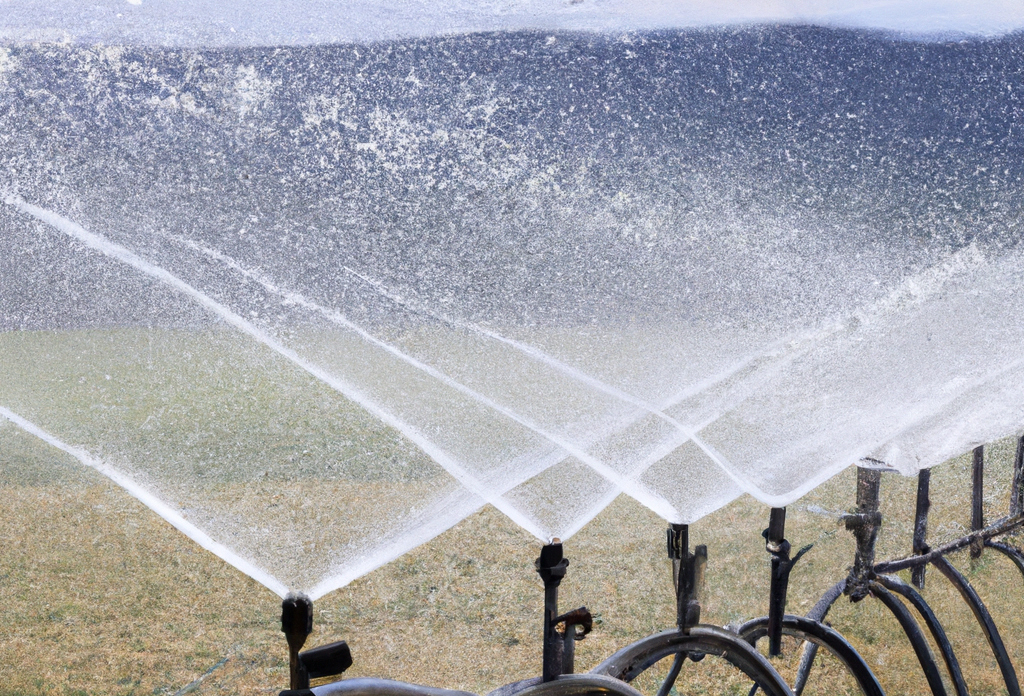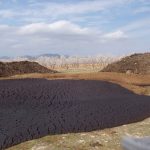Sustainable fertigation has become an essential practice for farmers committed to efficiency and environmental responsibility. In this article, we will explore why fertigation is a smart option for optimizing your crops and how you can implement it effectively in your fields.
Benefits of Sustainable Fertigation
Fertigation offers a number of significant advantages that improve both agricultural productivity and environmental protection:
Efficient Use of Water Resources
Fertigation prioritizes efficient water use by delivering nutrients directly to plant roots. This reduces water waste and ensures precise hydration or, in other words, increases the efficiency of the water used, which also results in cost savings.
Reduction of Nutrient Leaching
By applying nutrients in a controlled manner, sustainable fertigation minimizes nutrient leaching into the soil, avoiding contamination of groundwater and surface water. In addition to cost savings by minimizing the need to use more fertilizers.
Minimize the Use of Chemical Fertilizers
Sustainable fertigation helps reduce dependence on chemical fertilizers, which reduces environmental impact and production costs.
How to implement Sustainable Fertigation
Below, we explain how to implement fertigation in your fields:
Selection of Appropriate Equipment and Technology for Fertigation
Choose high-quality, technologically advanced fertigation equipment that allows you to precisely control the delivery of nutrients and water. To do this, you can choose to add the products directly into a tank if one is available, or through a Venturi injector if the irrigation is direct from water sources such as wells, canals, lakes, etc.
Planning and Constant Monitoring
Develop a fertigation plan that takes into account the specific needs of your crops. Closely monitor the system and adjust doses as necessary.
Training and Awareness
Train your team in sustainable fertigation practices and promote the importance of resource conservation.
Sustainable Fertigation with Smallops
Biochar in Suspension for Irrigation
It should be noted that biochar is difficult to inject by fertigation, but Smallops technology manages to produce nanometric sizes ideal for direct application in irrigation, accompanying this solid in suspension of humic and fulvic acids that will further enhance the growth of your crops.
In short, sustainable fertigation is a crucial strategy to optimize your crops while minimizing environmental impact. With benefits such as efficient water use, reduced nutrient leaching and reduced use of chemical fertilizers, it is a perfect option if you are looking to improve the sustainability of your crop. Consider the option of implementing fertigation with Smallops products, where you will find high-quality and environmentally friendly solutions that improve your agricultural practices.



